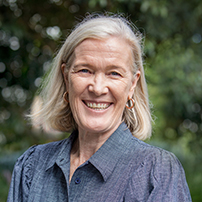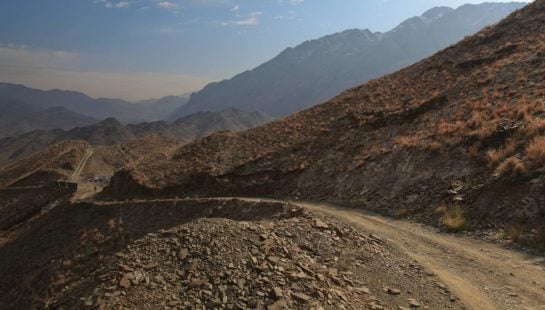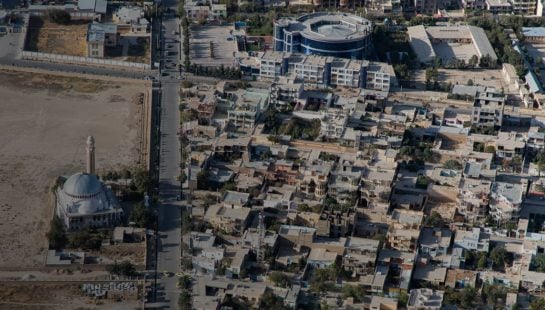My daughter is 30. She is smart and well educated, a director of a law firm, has a mortgage, and she has just become engaged to her beloved of her choosing. She is safe and secure. She has a voice and is not afraid to use it. She is free to worship. ‘Strength and dignity are her clothing, and she laughs without fear of the future.’ (Proverbs 31:25)
None of this would be possible if she had been born in Afghanistan. Here she enjoys a full life using her gifts and graces to the extent of her abilities. A life where she makes her own choices but in so doing, makes a significant contribution to society. It is a flourishing life.
One Year On
Today, I woke with a heavy heart. It’s a year since Kabul fell to the Taliban. A year since we saw those chaotic scenes from Kabul airport where hundreds of thousands fought to make their way to possible safety. Preferring to flee with nothing in their hands but their children rather than stay and live under a Taliban crackdown. It’s been a year of fear. A year of broken promises, where women and girls have suffered the loss of all their hopes and dreams for the future. And now a year, at least, of looming famine.
Afghanistan is a patriarchal mess. Draconian restrictions on the rights and freedoms of women and girls have been enacted. Girls are being forced to leave school in the seventh grade (primary school) and access to work has become severely restricted. Many have been removed from their jobs. Their access to healthcare is restricted. All are now required to veil—the heavy black or blue burqa—and the strong message is that women should remain at home. The Women’s Affairs ministry has closed, ironically now replaced by the headquarters for the ‘morality police.’ No, the girls are not okay.
Humanitarian Tragedy of Epic Proportions
The stories of imposed marriage are rife, and daily, families must decide if they will sell their daughter so the family can eat. At least half of the entire population is now on the brink of famine and women and children are likely the most affected. This is a humanitarian tragedy of epic proportions, and although foreign aid agencies continue with their vital efforts, essentially the international world has withdrawn, perhaps even turned away, not wanting to give any recognition to the militant government.
Australia has made 31,500 humanitarian visa places available but to date only around six thousand have been granted. Over 200,000 have applied . . . and presumably wait in the most excruciating of physical circumstances let along the anxiety of knowing that only a portion of applicants will be successful. Ultimately, the Afghans who are arrive in Australia will be professionals—doctors, engineers, IT professionals, accountants. They will make significant contributions to their new country. No one doubts that and indeed, by all accounts, these first refugees have been welcomed incredibly warmly.
What Can You Do?
A year on and my heart sinks afresh as I think of the harrowing experiences still ahead for the millions left behind. Those who will never be eligible to even make an application. Those for whom the darkness will not tremble. We must not forget, and we must not turn away. Instead, we continue to trust that God is at work through his people. I urge us to continue to pray, to advocate and where possible, give–we can and must be a part of light breaking through.



 Sophia Russell,
Sophia Russell,

 Baptist World Aid
Baptist World Aid